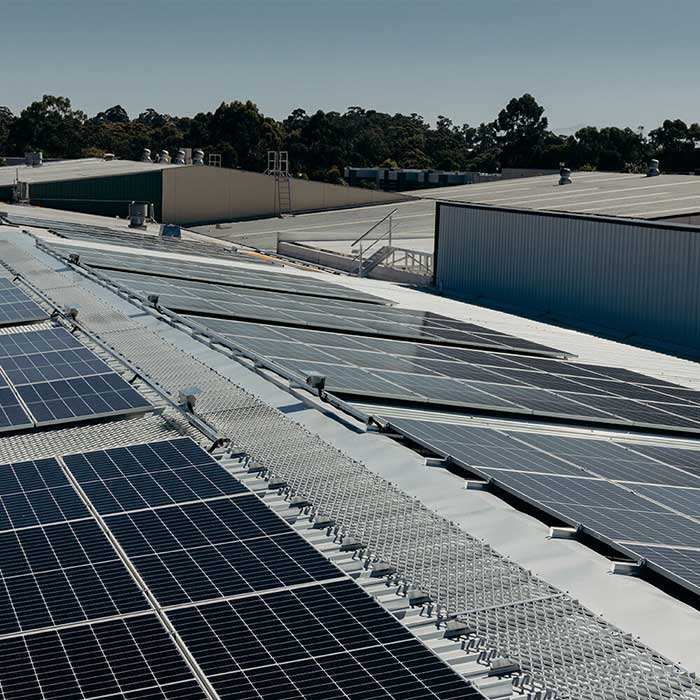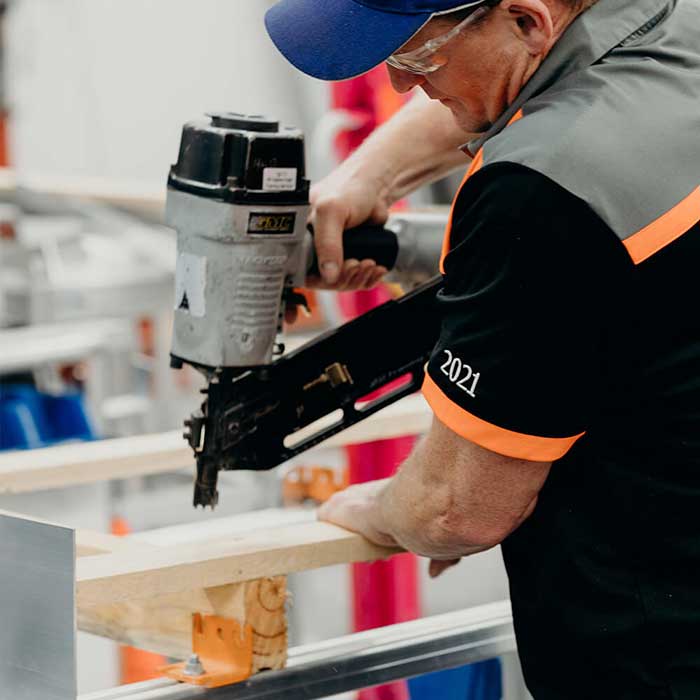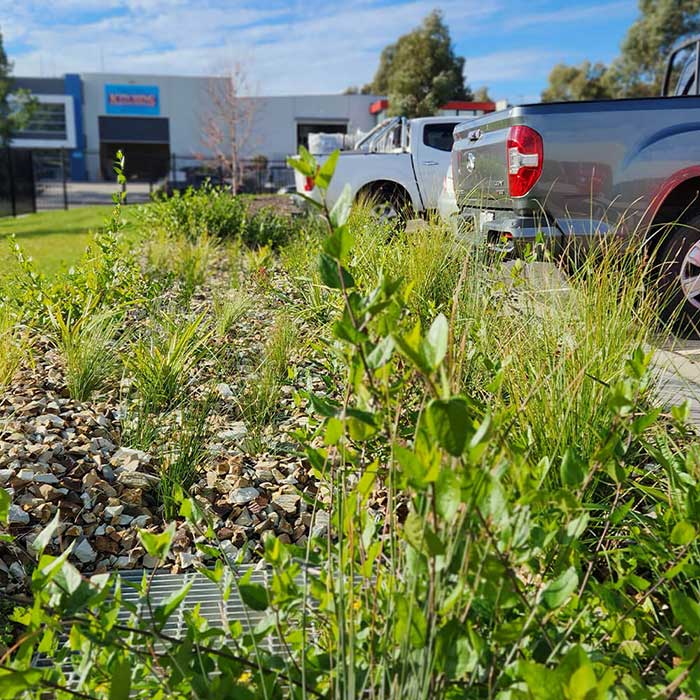To further their commitment to the environment and make a positive change in the world, SAYFA has developed a comprehensive sustainability and environmental plan that details a series of initiatives to reduce their carbon footprint, conserve resources, and promote sustainable practices.
Reducing our carbon footprint
A lower carbon footprint remains one of the most important focuses of our sustainability plan. SAYFA plans to achieve this through multiple initiatives including investing in renewable energy systems such as solar panels, optimising our transportation and logistics to reduce emissions, and implementing energy-efficient practices in our facilities.
For instance, consignments are often grouped together and delivered in larger loads to central regions across the country, helping reduce emissions.
The company is also working towards creating a paperless environment by investing in technology such as computers, laptops and tablets.
With a reduced carbon footprint, we are not only helping to mitigate the impacts of climate change, but also reinforcing our commitment to sustainability and responsible business practices.
Investing in renewable energy sources

SAYFA’s sustainability plan includes a commitment to invest in renewable energy sources, which will not only reduce our reliance on fossil fuels and lower our carbon footprint, but also support the growth of the renewable energy industry.
Renewable energy is not only good for the environment, but also makes good business sense for the company in the long term. Since installing solar panels in February 2021, SAYFA has reduced energy consumption within their premises, achieving over $51K in energy cost savings.
Reducing waste and promoting recycling
Waste reduction, waste recycling and proper waste disposal are at the core of a comprehensive waste management system implemented as part of SAYFA’s sustainability plan. Our employees are encouraged to reduce waste in their daily activities through initiatives such as using reusable containers and cups instead of disposable ones. By reducing waste and promoting recycling, we are not only helping the environment, but also saving money on waste disposal costs.
Most of SAYFA’s products are made from aluminium, which being infinitely recyclable, provides environmental and sustainability advantages. Did you know that nearly 75% of all aluminium ever produced remains in use today?
At SAYFA, aluminium is regularly recycled and alerts have been implemented into internal production processes, which help minimise waste during cutting, while any usable offcuts are utilised for the manufacture of our products.
Pallet return/recycle program

Since 2021 when the initiative began, SAYFA’s timber pallet recycling program has been a great success, adding a further service to our customers by helping to reduce their waste and disposal costs, while saving on the expense of purchasing new timber products.
Even when we receive packaged products from our local and overseas suppliers, we take the effort to break down any of the leftover components, repurposing them into SAYFA pallets, chipping unused wood for mulching or sending scrap materials/metals to recycling companies.
Implementing sustainable practices in our supply chain
SAYFA is also committed to implementing sustainable practices throughout our supply chain. Not only do we work with suppliers who share our values and commitment to sustainability, but we also utilise responsible sourcing practices to ensure ethical and sustainable sourcing of materials and resources.
Alongside our waste reduction and recycling initiatives, we work to minimise the environmental impact of our packaging and product design – we are currently in talks with numerous companies to recycle our coloured plastics.
Our holistic approach to sustainability ensures we are making a positive difference – both within our own operations and throughout our industry.
Raingarden and water tanks

Our sustainability initiatives extend to the environment around our operations. As part of the latest upgrade to our premises earlier this year, we installed a raingarden at the rear of the property. An increasingly popular outdoor feature, raingardens deliver multiple benefits to the environment, ranging from filtering out polluted materials from stormwater runoff, to encouraging a habitat for wildlife such as butterflies, birds and other creatures.
Additionally, several water tanks have been installed on the property to assist with water requirements for various points around the factory.
Keeping the future in mind, every initiative we take moves us one step closer towards our goal of attaining ISO 14001 accreditation in the coming years and truly making a difference.

